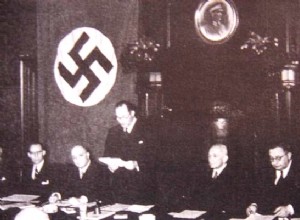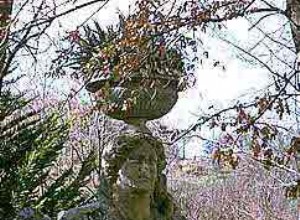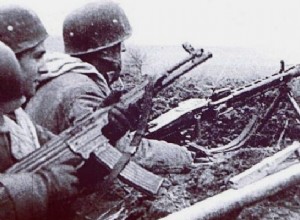Turkeys relations with Hitlers Germany were good during World War II. Hitler wanted a neutral Turkey from which to secure valuable chromite. Turkey, without spoiling its relations with Britain or the USA, served Germany until 1944. In October 1941 Germany and Turkey signed an important trade agreeme




